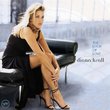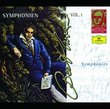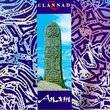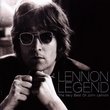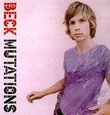| All Artists: Franz [Vienna] Schubert, Mitsuko Uchida Title: Schubert: Piano Sonatas D.958 & D.959 Members Wishing: 0 Total Copies: 0 Label: Philips Release Date: 11/10/1998 Genre: Classical Styles: Forms & Genres, Sonatas, Historical Periods, Romantic (c.1820-1910), Symphonies Number of Discs: 1 SwapaCD Credits: 1 UPC: 028945657929 |
Search - Franz [Vienna] Schubert, Mitsuko Uchida :: Schubert: Piano Sonatas D.958 & D.959
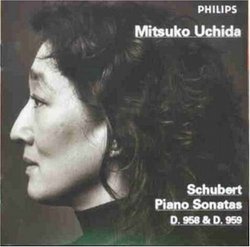 | Franz [Vienna] Schubert, Mitsuko Uchida Schubert: Piano Sonatas D.958 & D.959 Genre: Classical
These two sonatas are full of that cosmic, timeless sadness that's such a feature of Schubert's last works. Mitsuko Uchida clearly identifies with their expressive intensity, and proves herself responsive to every melodic ... more » |
Larger Image |
CD DetailsSynopsis
Amazon.com These two sonatas are full of that cosmic, timeless sadness that's such a feature of Schubert's last works. Mitsuko Uchida clearly identifies with their expressive intensity, and proves herself responsive to every melodic and harmonic twinge. Indeed, some might find her a bit hyperactive in her shaping of Schubert's exquisite melodies, particularly in such places as the C-minor Sonata's second subject. But there's no doubting her commitment to the music, or the poetry that imbues everything that she does with it. Ultimately, if you let her carry you along, you'll be captivated. --David Hurwitz Similarly Requested CDs
|
Member CD ReviewsReviewed on 3/4/2007... Lovely. From amazon.com: "These two sonatas are full of that cosmic, timeless sadness that's such a feature of Schubert's last works. Mitsuko Uchida clearly identifies with their expressive intensity, and proves herself responsive to every melodic and harmonic twinge. Indeed, some might find her a bit hyperactive in her shaping of Schubert's exquisite melodies, particularly in such places as the C-minor Sonata's second subject. But there's no doubting her commitment to the music, or the poetry that imbues everything that she does with it. Ultimately, if you let her carry you along, you'll be captivated. --David Hurwitz"
CD ReviewsFive, Not Four! Dale Chapman | San Ramon, CA USA | 01/09/2000 (5 out of 5 stars) "I felt compelled to submit this review primarily to increase the number of stars associated with this recording (which stood at four due to the review below)! This disc, along with all of Mitsuko's Schubert, is stunning. She plays with the consummate sythesis of intellect and spirit. She has command of sublime articulation. Her phrasing suggests she has a very personal relationship and understanding of the music. Even if you don't "agree" with her, you must acknowledge and respect her argument. However, I personally hang on every note. I think her aptitude for Schubert is remarkable considering that her previous successes were with Mozart. Whereas Mozart's music is charmed with bouyancy and effervescence, Schubert is riddled with angst, melancholic malaise, bittersweet beauty, and heart-stopping sadness. Mitsuko's virtuosity in both of these bodies of work is certainly a token of her genius.Once again: five stars, not four!" Captivating Alejandra Vernon | Long Beach, California | 08/16/2001 (5 out of 5 stars) "These sonatas are moody, passionate, and at times incredibly gentle, and Mitsuko Uchida captures all these emotions, with her superb artistry and brilliant technique. This wonderful music reveals more of its treasure with each hearing, and my admiration for Ms. Uchida's interpretation keeps growing.Recorded in '97, the sound is exceptional, with a crystal clear sparkling quality to it. The booklet insert has a piece on how and when these sonatas were written, and makes comparisons to Beethoven, which I fail to see...I find the soul of their compositions are so completely different. The total running time is 73 minutes, and the expressive cover photo completes the package...Ms. Uchida's an extraordinary pianist, and her beauty a photographer's delight."
|

 Track Listings (8) - Disc #1
Track Listings (8) - Disc #1


